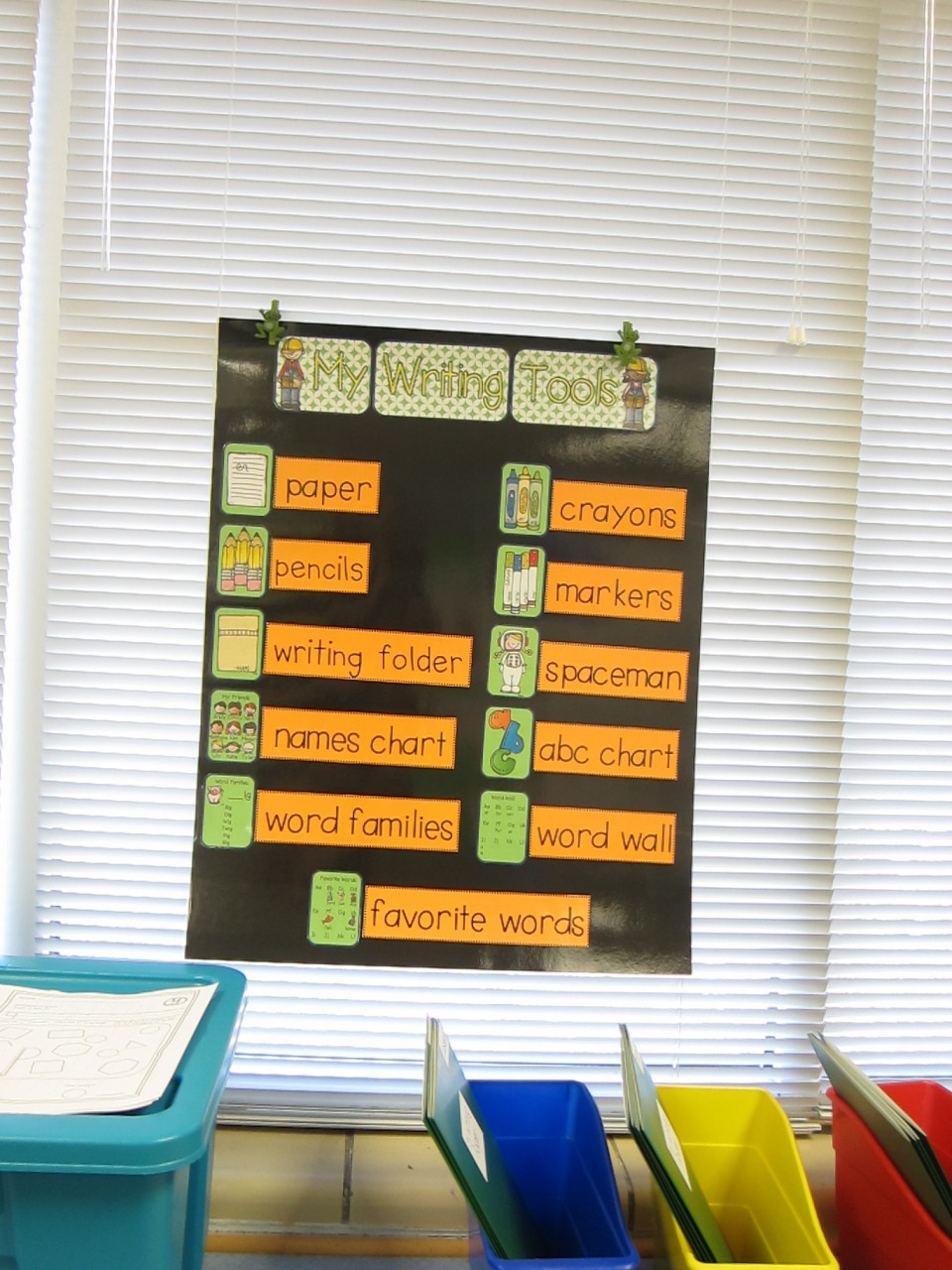New data shows 46 percent of Escambia students kindergarten ready
- June 6, 2018
- / Shannon Nickinson
- / early-learning

The State of Florida this spring updated the kindergarten readiness rate for the first time since 2014.
The news isn’t good.
In 2017, Escambia County’s kindergarten readiness rate was 45.77 percent; Santa Rosa’s was 60 percent. The state readiness rate was 53.95 percent.
It means that of the nearly 3,000 children who started kindergarten last fall, 1,577 did not have the basic skills they needed to be ready to learn with their classmates.
It makes us 53rd out of 67 Florida counties in terms of kindergarten readiness.
Of the 17 counties with a similar size population, Escambia County ranks last in school readiness.
It means we are failing our children.
All of them.
We failed the children who weren’t ready because we didn’t get them — and their parents — the knowledge and power they needed to build a healthy young brain.
We failed the children who were ready, whose parents read to them every night and worked words into play time, bath time and meal time, because their teachers won’t have the time to challenge them further.
We failed their teachers too, who will have to devote more of their time, effort and expertise working with the children who are the farthest behind, just to get them a fighting chance to be up to par.
Because they will have less time to spend with kids who with a little bit of extra help could join the top tier of the class.
Children who are kindergarten-ready tend to have greater success throughout school. We took that chance away from 1,577 5-year-olds this past school year.
And unless we as a whole community do something about it, we’ll probably take that chance away from another 1,577 children when school starts this August.
And the August after that. And the August after that.
We can’t continue to do nothing, to assume that those children are someone’s else responsibility. Doing that just increases the number kids in trouble, increases the number of kids with limited futures, increases the number of kids who won’t have the chance to graduate, get good jobs, contribute to the community.
SCI’s projects aimed at turning this tide — Brain Bags, targeted parent outreach, partnerships with home-visit and other parent programs — began in 2017. Moms who receive the Brain Bag and education from nurses in the hospital after they give birth say they are learning more than they knew before.
They say the Brain Bag moves their knowledge about early brain development and parent talk from 6.5 to 9.5 on a scale of 1-10.
Parents in our outreach programs have increased the number of words and conversation turns they have with their children under 3. They also say they talk more during everyday chores and activities and have made reading part of every day’s routine, things they didn’t do before our classes.
Eight of our parents have left subsidized housing. Three of our parents are furthering their education, another is getting her GED. One got her driver’s license so that she can have reliable transportation to work.
We believe we are making a difference, but we know the road is long.
If we don’t do something, we condemn 1,500 more children every year to a limited future. We condemn local employers to choosing from a limited talent pool that hurts their ability to grow and prosper as businesses. We condemn our community to lower wages, a lesser tax base, roads and sidewalks and water and sewer lines that aren’t repaired and built as needed.
We condemn ourselves to building a community that sees the gap widen between those who have opportunity and those who don’t.
That’s not the road Pensacola can afford to walk any more.
To support SCI’s work, visit here and donate https://studeri.org/online-giving
 CivicCon launches with a look at good growth in cities
CivicCon launches with a look at good growth in cities
 Building stronger brains one baby, one parent at a time
Building stronger brains one baby, one parent at a time
 SCI debuts commercial on Early Learning City
SCI debuts commercial on Early Learning City
 Entrecon: World class speakers and an opportunity to sharpen skills
Entrecon: World class speakers and an opportunity to sharpen skills
 PYP Quality of Life survey 2017
PYP Quality of Life survey 2017
 EntreCon Pensacola 2016: A look back
EntreCon Pensacola 2016: A look back
 Leadership tip: getting better employee takeaways
Leadership tip: getting better employee takeaways
 Leadership tip: be interested instead of interesting
Leadership tip: be interested instead of interesting
 Leadership tip: delivering difficult messages
Leadership tip: delivering difficult messages
 Brain Bags boost Arc, Early Childhood Court programs
Brain Bags boost Arc, Early Childhood Court programs